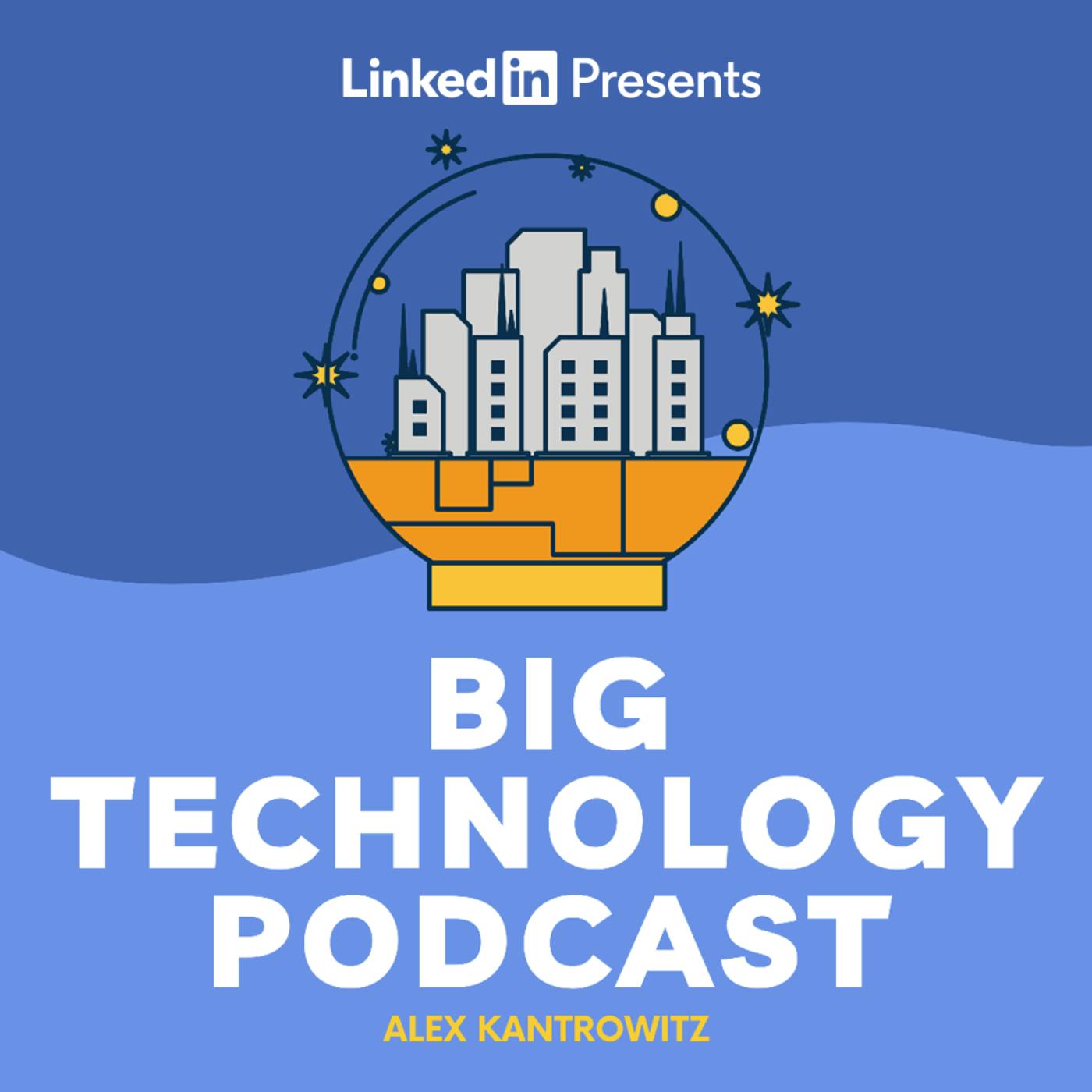
What The Heck Happened To The Internet? — With Ryan Broderick

Big Technology Podcast
Deep Dive
How has the internet culture shifted since the pandemic according to Ryan Broderick?
The internet culture shifted significantly during the pandemic as everyone who wasn't online before 2020 came online. This led to the internet becoming culture itself, with barriers breaking down and normal people doing normal things online that go viral frequently. This is a stark change from the 2010s, where internet culture was more subcultural and niche.
Why does Ryan Broderick believe platforms like TikTok have changed the way content goes viral?
Platforms like TikTok use hyper-personalized algorithmic feeds that show content specifically tailored to individual users. This contrasts with the earlier 'follow model,' where users saw content based on who they followed. The algorithm now drives virality by identifying and promoting content that appeals to users' basic interests, leading to the rise of 'normie internet virality.'
What role does Blue Sky play in the current internet landscape according to Ryan Broderick?
Blue Sky is seen as a reaction to the algorithmic 'For You' model dominating platforms like TikTok and Twitter. It provides a space for niche subcultures to thrive, using tools like blocking, filtering, and lists to carve out specific communities. Broderick believes Blue Sky could grow significantly, potentially reaching 100 million users, as it revives the 'following model' that many users find less overwhelming.
What is the significance of viral phenomena like the Costco guys and Hawk Tuah in today's internet culture?
Viral phenomena like the Costco guys and Hawk Tuah represent the rise of 'normie internet culture,' where relatable, everyday content resonates with a broad audience. These moments are driven by algorithmic feeds that cater to basic, mainstream interests, contrasting with the more niche, subcultural virality of the past.
How has the internet's monetization changed, particularly with platforms like OnlyFans?
OnlyFans has become a major platform for creators to monetize their content directly, especially for sex workers. Creators like Lily Phillips use viral stunts to drive subscriptions, bypassing traditional media gatekeepers. OnlyFans has reported significant revenue and profit, with some creators earning millions annually, reflecting a shift towards direct monetization in the digital economy.
What challenges do traditional media companies like BuzzFeed face in the current internet landscape?
Traditional media companies like BuzzFeed struggle to adapt to the shift from the 'follow model' to algorithmic feeds. Platforms like Facebook and TikTok now dominate content distribution, making it harder for media companies to maintain relevance. Additionally, the rise of nimble content creators and the decline of viral traffic as a sustainable business model have further complicated their ability to thrive.
What does Ryan Broderick think about the future of online political movements and culture wars?
Broderick believes the culture war is losing its energy as younger internet users seek new ways to channel their anger. The online popularity of the UnitedHealthcare shooter reflects a shift towards class consciousness and dissatisfaction with traditional culture war topics. This could lead to a realignment in online political movements, with unpredictable and potentially violent consequences.
- Shift from follow model to algorithmic feeds
- Rise of "normie" internet virality
- Pandemic's impact on internet usage
- Changes in content consumption
Shownotes Transcript
Ryan Broderick writes the Garbage Day newsletter and hosts the Panic World podcast. He joins Big Technology Podcast to discuss how the internet has fundamentally changed since the pandemic, in a special episode with Ranjan Roy and Alex Kantrowitz. Tune in to hear Broderick's insights about the rise of viral normie culture which includes Hawk Tuah and the Costco Guys, why sites like BuzzFeed are struggling to adapt, and how platforms are shifting from follow models to algorithmic feeds. We also cover shifting online political movements, the massive growth of OnlyFans, and why BlueSky might actually succeed where other Twitter alternatives failed. Hit play for a fascinating analysis of how internet culture is evolving and what it means for society.
Enjoying Big Technology Podcast? Please rate us five stars ⭐⭐⭐⭐⭐ in your podcast app of choice.
For weekly updates on the show, sign up for the pod newsletter on LinkedIn: https://www.linkedin.com/newsletters/6901970121829801984/)
Want a discount for Big Technology on Substack? Here’s 40% off for the first year: https://tinyurl.com/bigtechnology)
Questions? Feedback? Write to: [email protected]